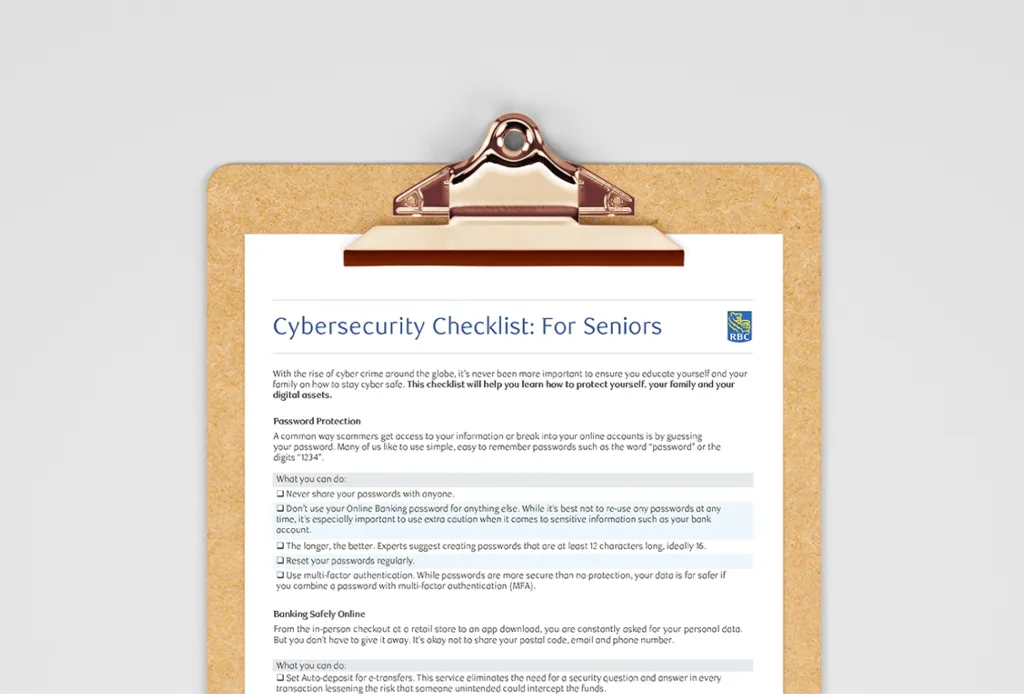Published March 6, 2018 • 4 Min Read
Think Your Business Is Immune to Fraud? Think Again
While fraud is a potential threat to any organization, small businesses are particularly vulnerable. Small businesses often have fewer resources and fewer and less effective anti-fraud controls than their larger counterparts. And according to the study, despite their smaller size, small businesses suffered the largest median fraud-related losses.
The High Cost of Fraud
“According to the Association of Certified Fraud Examiners (ACFE) 2012 Global Fraud Study1: ACFE’s survey revealed the typical organization loses 5% of its annual revenue to fraud each year. By extrapolating that figure using the 2011 Gross World Product, the result is an estimated annual fraud loss of more than $3.5 trillion worldwide.
In addition to eroding your company’s bottom line, fraud — both internal and external — can contribute to negative sentiment in the public realm, which can tarnish your company’s brand, hurt its reputation and diminish its credibility with clients, vendors and employees.
“61% of organizations experienced attempted or actual payment fraud2“
By understanding the risks and taking precautions to minimize them, you can take tangible steps to help prevent fraud from taking place in your business.
Cheque Fraud: A Widespread Menace
Cheque fraud continues to be widespread across the globe. Accordingly, given that cheques continue to be a universally accepted form of payment RBC Royal Bank has developed proven, effective tools to help you protect your business against cheque fraud. One if the most effective is RBC Digital Banking which enables companies to reduce or eliminate potential losses fraudulent transactions due to daily access to your account activity.
Spotlight on Email Hacking: Fraudulent Wire Transfer Requests
One increasingly popular tactic among fraudsters is the fraudulent wire transfer request. A company receives an email request for a transfer of funds, supposedly from one of their trusted clients. However, something about the request feels a bit out of character. In these situations, it’s important to remain vigilant and watch for any of the following red flags:
-
The client’s email address is new or was recently changed but may be similar to the one you have on file.
-
There is a sense of urgency around the request (e.g. an accident, recent death, etc.).
-
The sender is unable to speak on the telephone to personally discuss the request.
-
The language, spelling or grammar in the communication is not up to the typical standards of your trusted client.
In such instances, take all necessary steps to confirm the information and nature of the request before transferring any funds.
Proven tactics to help reduce and prevent fraud
By understanding the risks and taking precautions to minimize them, you can take tangible steps to help prevent fraud from taking place in your business. Here are a few quick tips to help protect your business against fraud and its consequences.
Separate Cash-Handling Duties
-
Have two signing authorities for issuing cheques
-
Ensure no single person is responsible for handling cash, issuing cheques or reconciling bank statements
Prevent Identity Theft
-
Be wary of identity or brand pirates who may assume your company’s identity or that of legitimate charities to solicit funds
-
Encourage employees and customers to report any suspicious communications claiming to be from your company
Prevent Cheque Fraud
-
Incorporate security features on your cheques that help combat counterfeiting
-
Shred any cancelled cheques or old statements not needed for tax purposes
Implement Rigorous Cash-Handling Procedures
-
Issue individual payments for all expenses so they can be matched to a specific invoice
-
Keep chequebooks, cash and bank statements with cancelled cheques under lock and key
Avoid Mail Fraud
Incoming mail
-
Replace a wall-mounted mailbox with a mail slot
-
Ensure the mail repository is visible at all times
Outgoing mail
-
Never place outgoing mail in your mailbox
-
Send high-value cheques via registered mail or use a wire transfer by using RBC Digital Banking Service
Create an Audit Trail
-
Pay employees and suppliers electronically to create a trail that helps you detect fraudulent activity quickly
-
Ask for electronic transfers when collecting receivables
Let us show you how fraud prevention strategies can work for you
To learn more about how RBC Royal Bank can help you proactively protect your business against fraud and position your organization for continued success, please contact your RBC Account Manager today.
Sources:
1. Report to the Nations on Occupational Fraud and Abuse. 2012 Global Fraud Study. The Association of Certified Fraud Examiners.
2. 2013 AFP Payments Fraud and Control Survey.
This article is intended as general information only and is not to be relied upon as constituting legal, financial or other professional advice. A professional advisor should be consulted regarding your specific situation. Information presented is believed to be factual and up-to-date but we do not guarantee its accuracy and it should not be regarded as a complete analysis of the subjects discussed. All expressions of opinion reflect the judgment of the authors as of the date of publication and are subject to change. No endorsement of any third parties or their advice, opinions, information, products or services is expressly given or implied by Royal Bank of Canada or any of its affiliates.
Share This Article






